Samoyed Dog
Samoyed Dog
America’s Fluffy and Friendly Arctic Companion
1. Introduction to the Breed
The Samoyed, a beloved breed known for its fluffy white coat and smiling face, is a friendly and energetic dog cherished for its joyful personality and working heritage. Often called "Sammies," these Arctic dogs excel as family pets, therapy animals, and competitors in dog sports. Their thick fur and sociable nature make them ideal for active families in cooler climates or suburban homes with space to play, where their enthusiasm and loyalty bring endless smiles and companionship.
2. History of the Breed
Originating from Siberia, Samoyeds were bred by the nomadic Samoyede people over 1,000 years ago to herd reindeer, pull sleds, and guard camps in harsh Arctic conditions. Their name derives from the tribe, and they were valued for their endurance and gentle temperament. Introduced to the West in the late 19th century by explorers, they gained fame in Antarctic expeditions. Recognized by the American Kennel Club (AKC) in 1906, Samoyeds became popular in the U.S. for their beauty in dog shows and as family pets, their historical role as working dogs adding to their appeal.
3. Physical Characteristics
- Typical Size and Weight: Samoyeds are medium to large, standing 19–23.5 inches tall at the shoulder. Males weigh 45–65 pounds, while females range from 35–50 pounds, with a sturdy, muscular build.
- Coat and Color: Their thick, double-layered coat is straight and fluffy, typically pure white or cream, with a dense undercoat for insulation. The coat sheds heavily, especially seasonally.
- Distinctive Features: Samoyeds have a wedge-shaped head, dark almond-shaped eyes, and erect ears. Their "Sammy smile" (upturned mouth corners), bushy tail curled over the back, and ruff-like mane enhance their friendly, fluffy appearance.
4. Personality Traits
Samoyeds are friendly, gentle, and energetic, with a playful personality that makes them excellent family pets. They form strong bonds with children, adults, and familiar pets, thriving on social interaction but requiring supervision due to their herding instincts. Samoyeds are vocal, often "talking" with howls or barks to alert strangers, making them good watchdogs. Their intelligence and independence suit experienced owners who can provide structure and exercise to prevent boredom-driven behaviors like digging or barking.
5. Care Requirements
- Exercise Needs: Samoyeds need 60–90 minutes of daily exercise, including brisk walks, hiking, or sledding games. Mental stimulation through puzzle toys or obedience training keeps their active minds engaged.
- Grooming Needs: Their thick coat requires brushing 3–4 times per week to prevent matting, with daily brushing during heavy shedding seasons. Regular ear cleaning, nail trimming, and dental care maintain health, as they’re prone to dental issues.
- Dietary Considerations: A high-protein diet supports their energetic build, with foods containing glucosamine for joint health. Portion control prevents obesity, and fresh water is essential post-exercise, especially in cool weather.
6. Health and Lifespan
Samoyeds have an average lifespan of 12–14 years. Common health issues include hip dysplasia, progressive retinal atrophy, hypothyroidism, and Samoyed hereditary glomerulopathy (kidney disease). Regular vet checkups, genetic screenings, and a healthy lifestyle mitigate risks. Owners should monitor for vision changes, joint stiffness, or urinary issues and ensure a balanced diet to support kidney health. Genetic testing from breeders reduces hereditary concerns.
7. Training and Socialization
Samoyeds are highly intelligent but can be independent, requiring consistent, positive reinforcement training with treats or play. Their herding background demands engaging sessions to maintain focus. Early socialization ensures comfort with strangers, children, and other animals, reducing wariness or nipping. Teaching commands like “leave it” and “quiet” helps manage their vocal and herding tendencies. Activities like agility, herding trials, or sledding games channel their energy effectively.
8. Ideal Home Environment
Samoyeds thrive in homes with secure yards, ideal for suburban or rural settings with cooler climates, as their thick coat makes them prone to overheating. They suit active families or individuals who enjoy outdoor activities like hiking or sledding. Apartments can work if exercise needs are met, but their vocal nature requires management in close quarters. Owners should provide a stimulating, secure environment to prevent boredom-driven escapes or digging.
9. What’s the Best Toy for My Samoyed?
Samoyeds enjoy toys that match their energetic, playful nature and sturdy build. Durable chew toys made of tough rubber withstand their moderate chewing, providing 20–30 minutes of engagement, especially when stuffed with treats for mental stimulation. Sturdy balls for fetching tap into their playful energy, ideal for 20–30 minute outdoor sessions in cooler weather. Thick rope toys for tugging satisfy their physical strength, perfect for 15–20 minute interactive play with owners. Interactive puzzle toys with treat compartments challenge their intelligence, keeping them occupied indoors for 15–20 minutes. Avoid flimsy toys, as Samoyeds can destroy them, risking choking. Rotate toys regularly and pair with training or outdoor games for engagement.
10. Adoption and Breeder Tips
Choose breeders affiliated with the Samoyed Club of America, ensuring health clearances for hips, eyes, thyroid, and kidneys (Samoyed hereditary glomerulopathy). Visit the breeder to assess puppy health, meet parents for temperament insights, and confirm ethical practices, including socialization and clean facilities. Rescues like Samoyed-specific organizations offer adoptable dogs, often with known histories. Avoid puppy mills, as Samoyeds are prone to health issues if poorly bred. Ask about genetic testing, socialization, and the breeder’s experience with working or companion lines to ensure a healthy, well-adjusted dog.
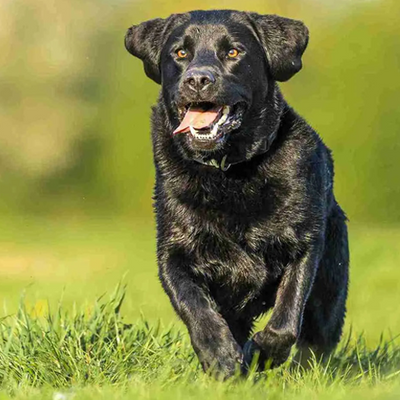
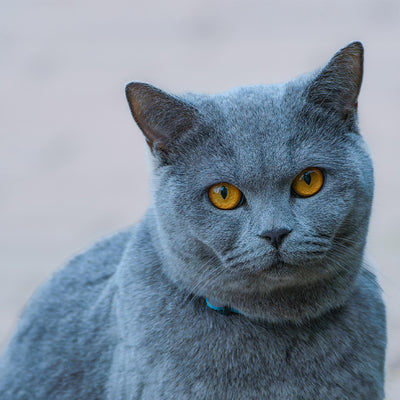
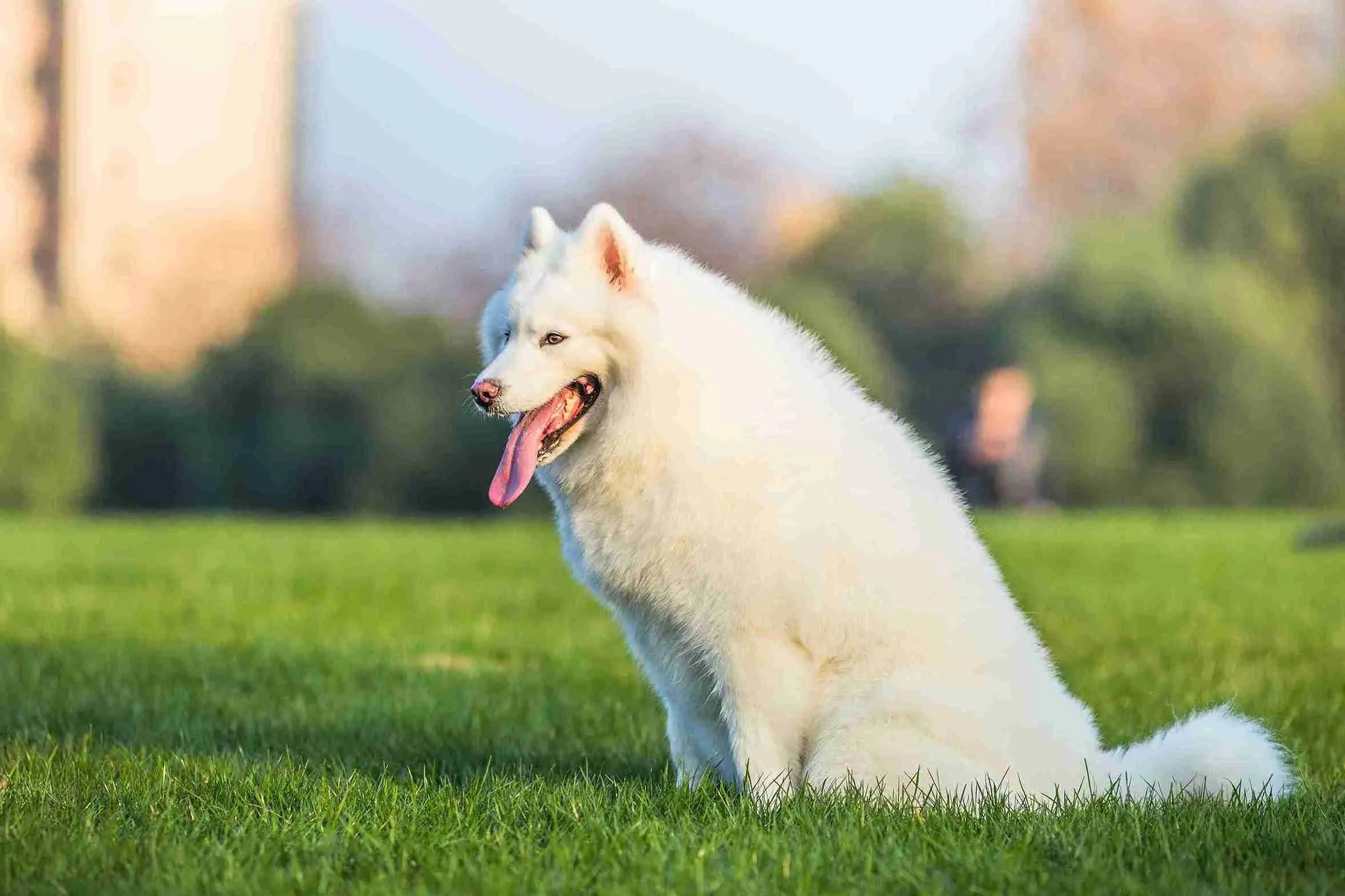
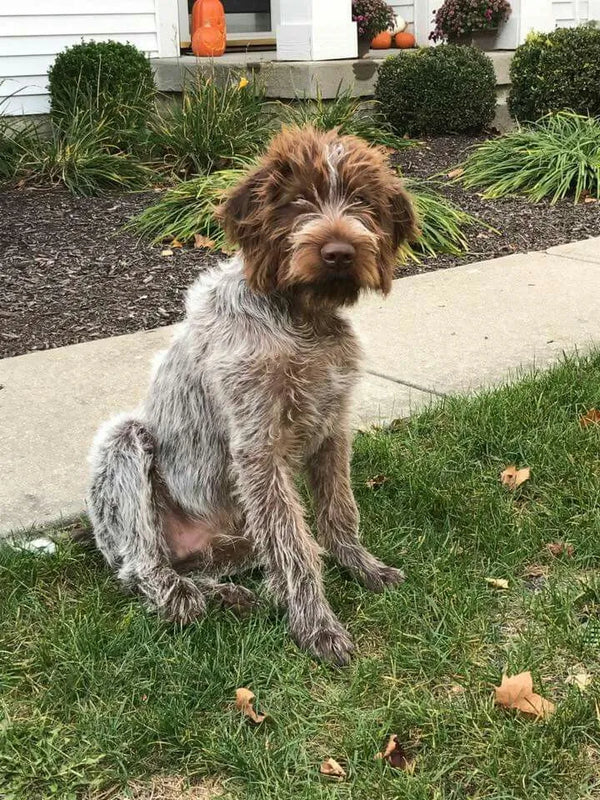
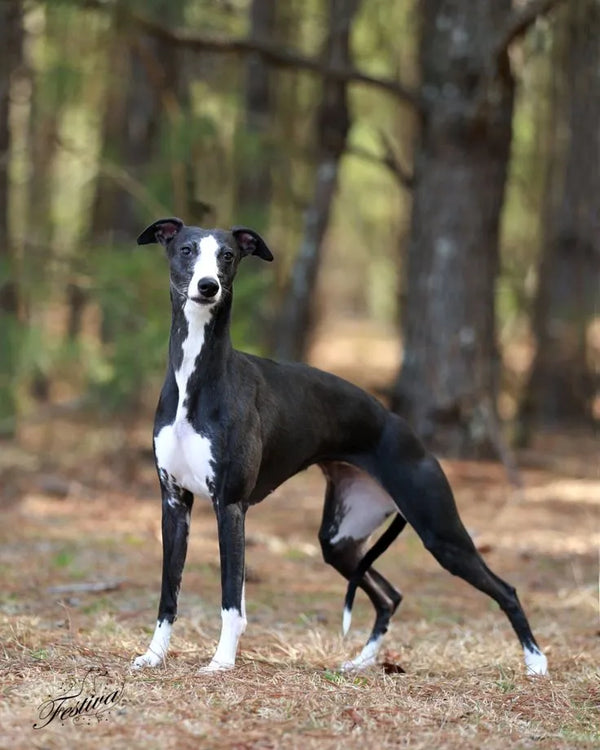
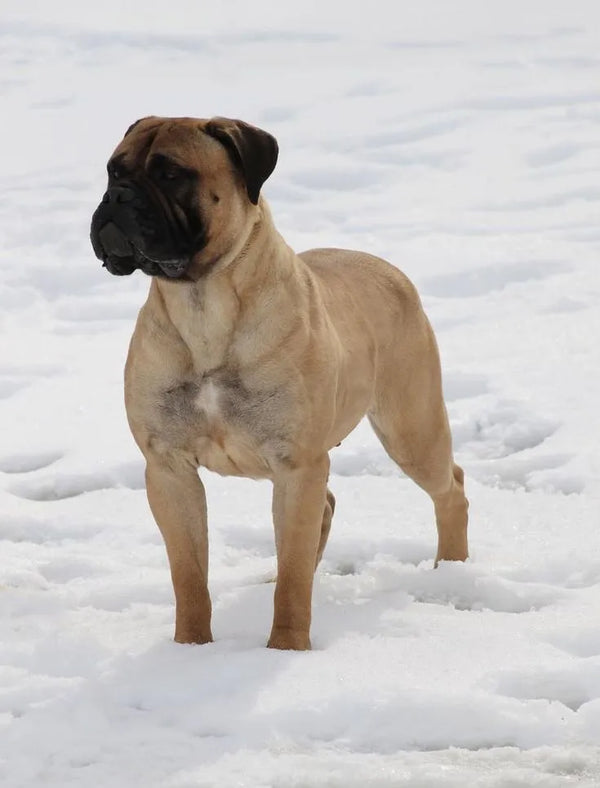
0 comments